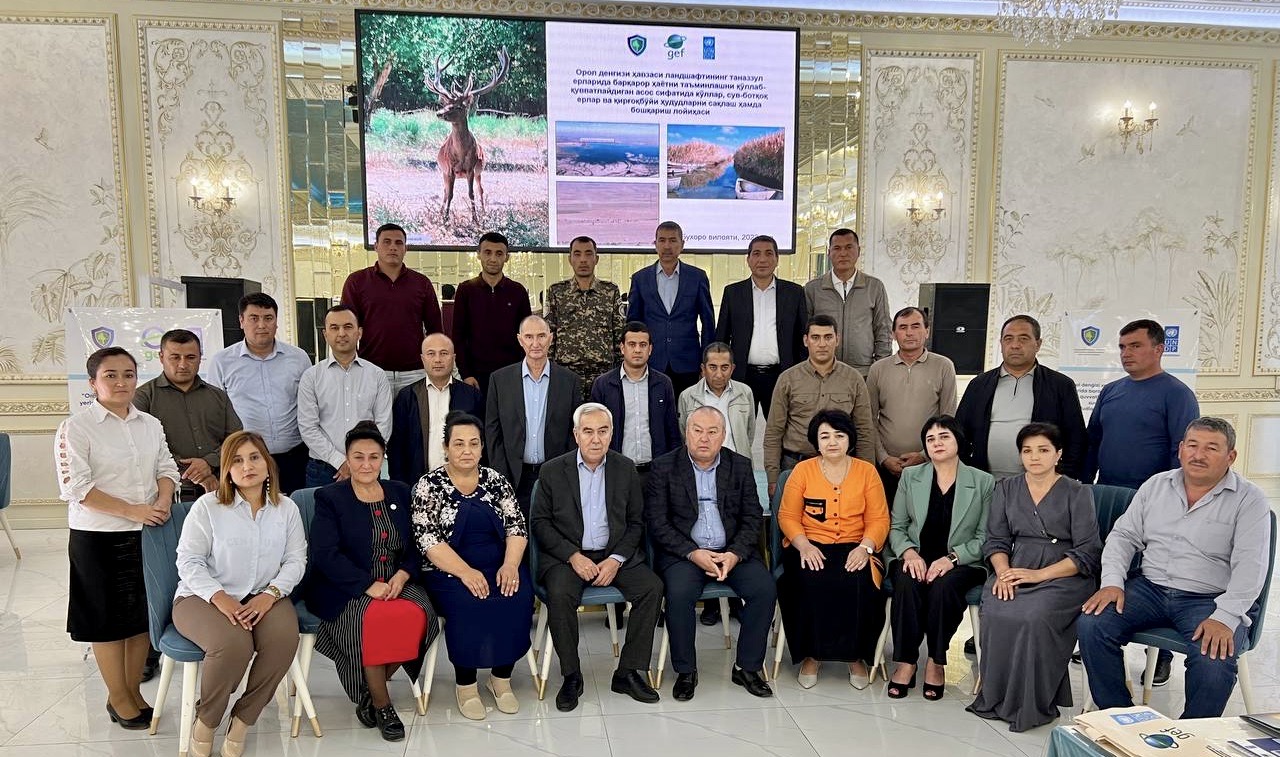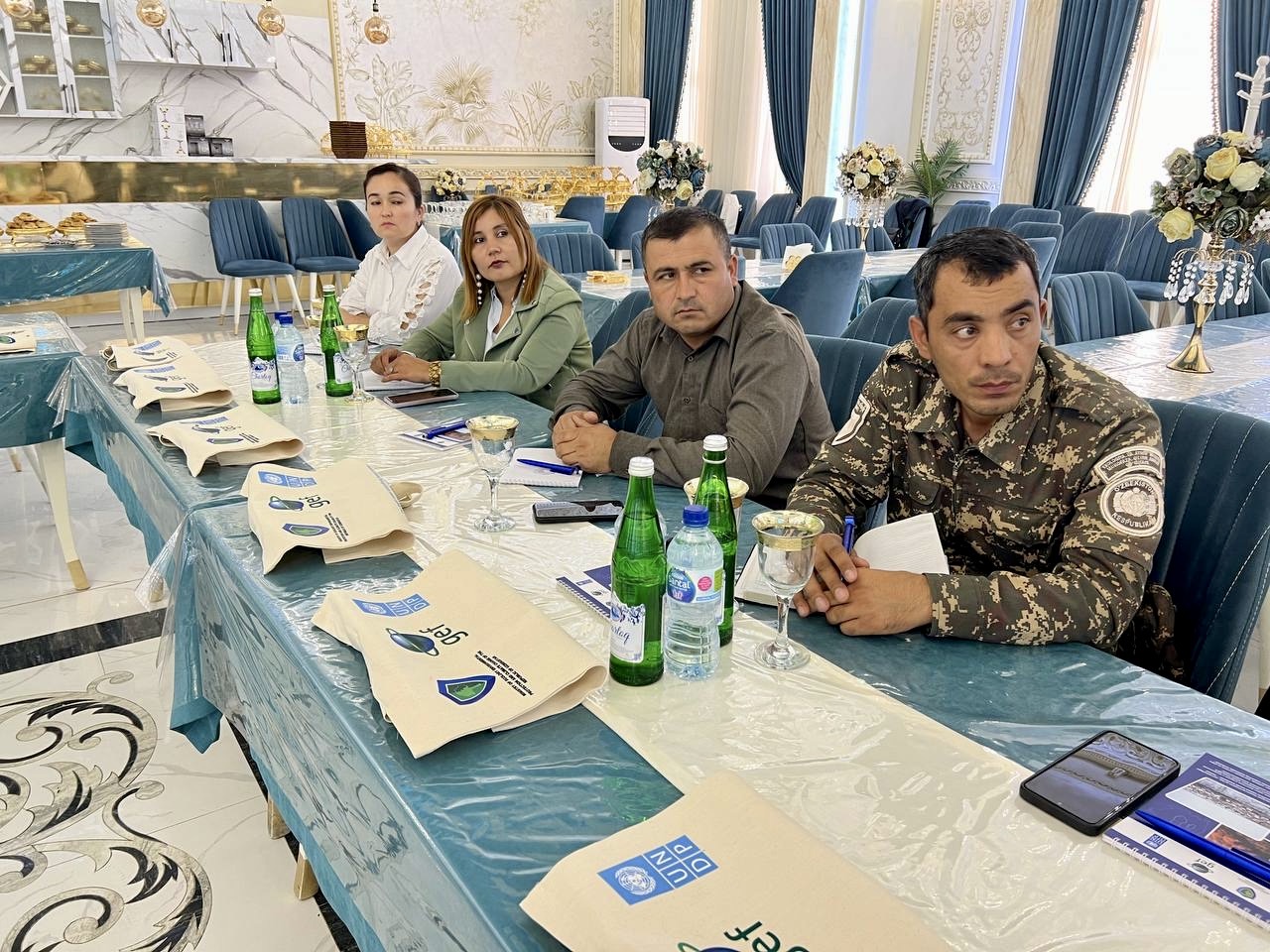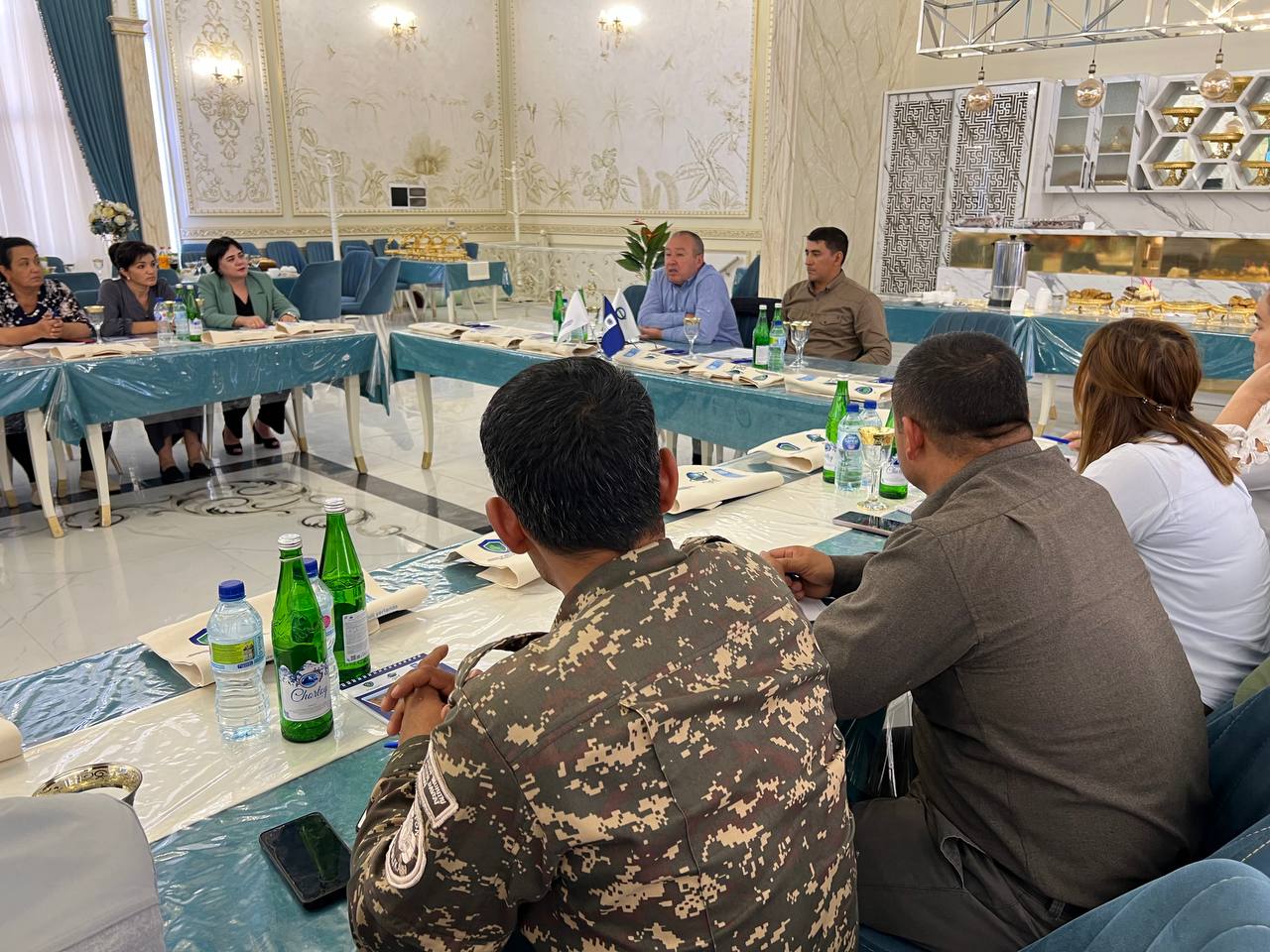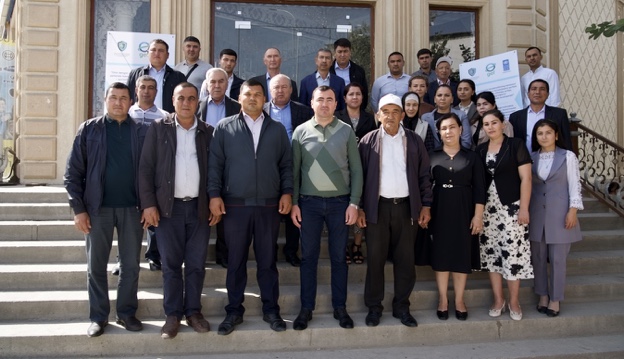Engaging general public in the conservation of wetlands in the Aral Sea region
October 13, 2023

Wetlands are one of the most biologically diverse and valuable ecosystems in the world. Today in Uzbekistan, lakes, wetlands and coastal ecosystems have been preserved in the lower reaches of the Amu Darya and in the Aral Sea basin. These ecosystems are of particular importance because they are located on very important ornithological routes for migratory birds, and it is gratifying that promising projects are being implemented in this direction.
Joint project of the Ministry of Ecology, Environmental Protection and Climate Change of the Republic of Uzbekistan, the United Nations Development Programme and the Global Environment Facility “Conservation and sustainable management of lakes, wetlands, and riparian corridors as pillars of a resilient and land degradation neutral Aral basin landscape supporting sustainable livelihoods" is one of such comprehensive projects aimed at preserving nature.

The main goal of the project is to improve the stability of ecosystems and livelihoods in the Lower Amu Darya and Aral Sea basins by preventing soil degradation in combination with integrated land and water management of productive landscapes around protected areas, key biodiversity areas and key bird areas.
The target (pilot) areas of the project are the lower reaches of the Amu Darya and the Aral Sea basin, located in the south and southwest of Uzbekistan, the Alat and Karakul districts of the Bukhara region. These areas contain natural ecosystems - wetlands, lakes, coastal areas of the Amu Darya basin, as well as the most degraded pastures and irrigated lands.
The project aims to address the causes of land degradation, water scarcity and biodiversity loss, which are directly linked to the decline and loss of lakes, wetlands and coastal biodiversity in this arid landscape.

During 2023-2026, the project plans to develop five new protected natural areas, such as the national natural parks “Southern Ustyurt”, “Priarale” (Aral Sea area), “Central Kyzylkum”, national natural parks/nature reserves “Sudochye-Akpetki”, “Borsakelmes”, with a total territory of more than 3 million hectares.
To achieve the project goals, four main areas of activity were identified:
- Coordinated water resources management to prevent land degradation;
- Sustainable land management in the target landscape;
- Conservation of globally significant biodiversity of the Aral Sea basin;
- International cooperation and knowledge management.

Such information was presented to the participants of the seminar, held on October 10 of this year in the Alat and October 11 in the Karakul districts of the Bukhara region with the participation of government and non-government organizations, local authorities and the media.
At the seminar, the project implementation team provided detailed information about the goals and objectives of the project. Referring to specific examples, they showed the role of this project in achieving ecosystem stability based on the prevention and restoration of soil degradation, conservation of natural landscapes, effective management of land and water resources in coastal areas and identified their tasks for future.

 Locations
Locations



